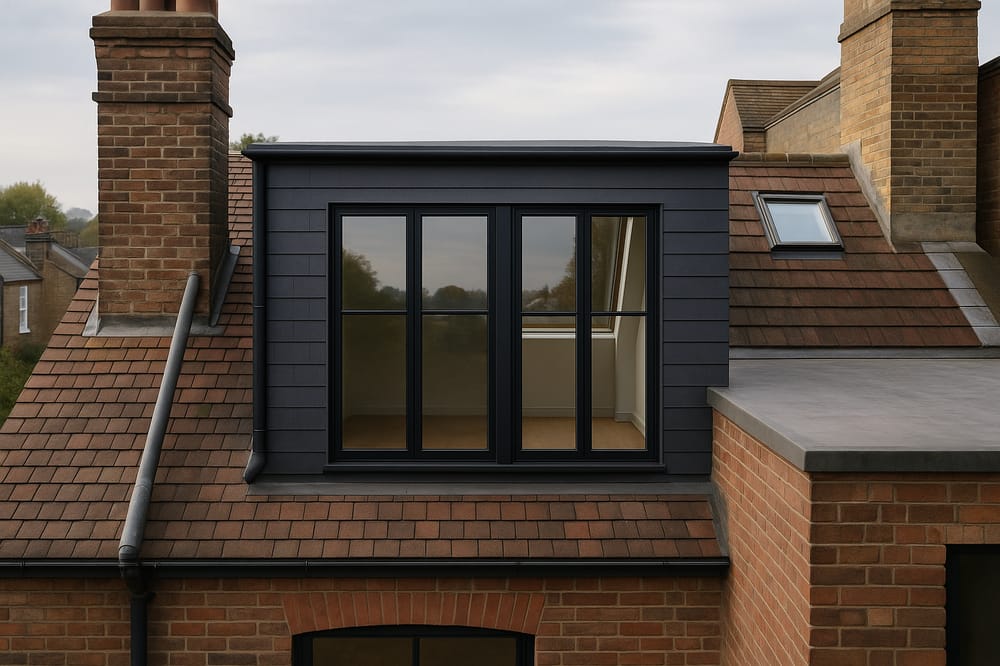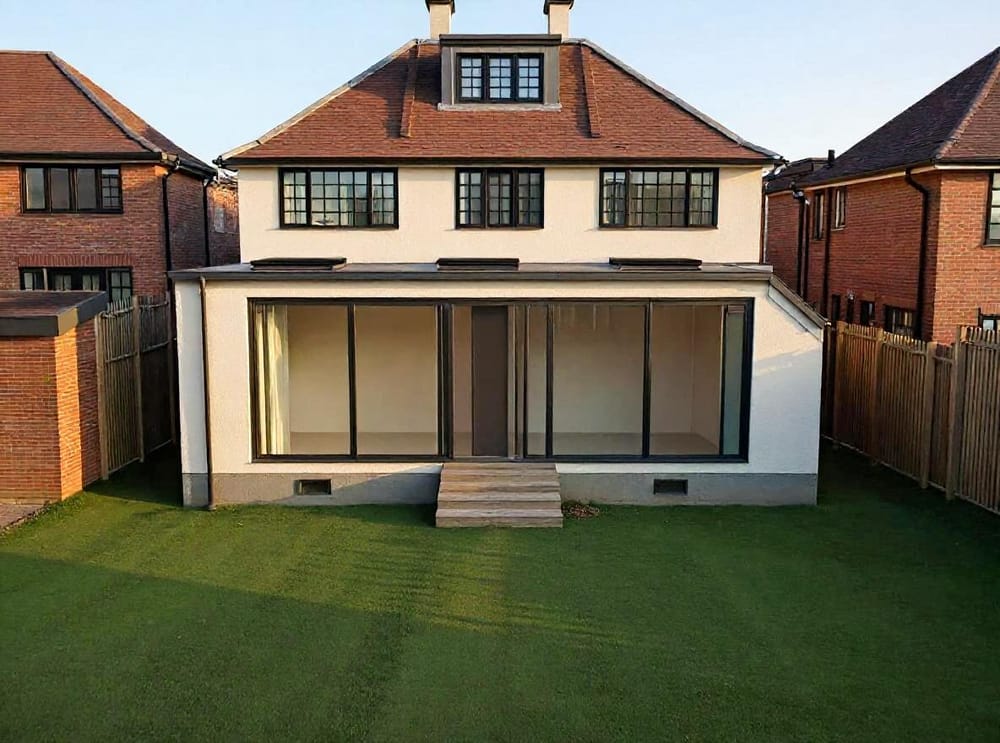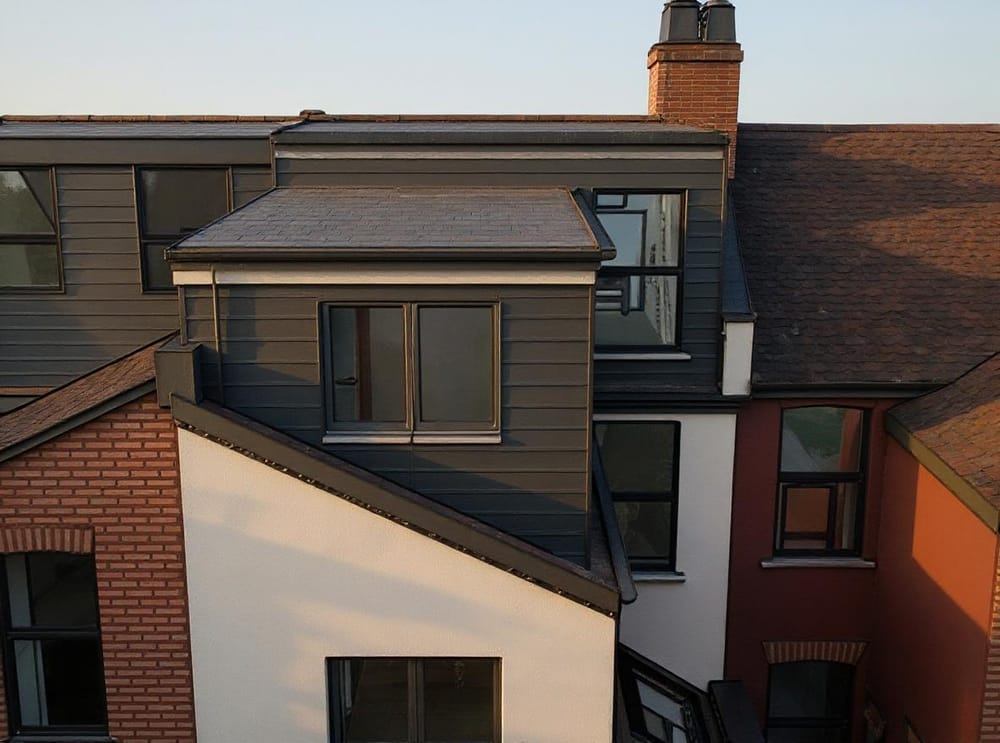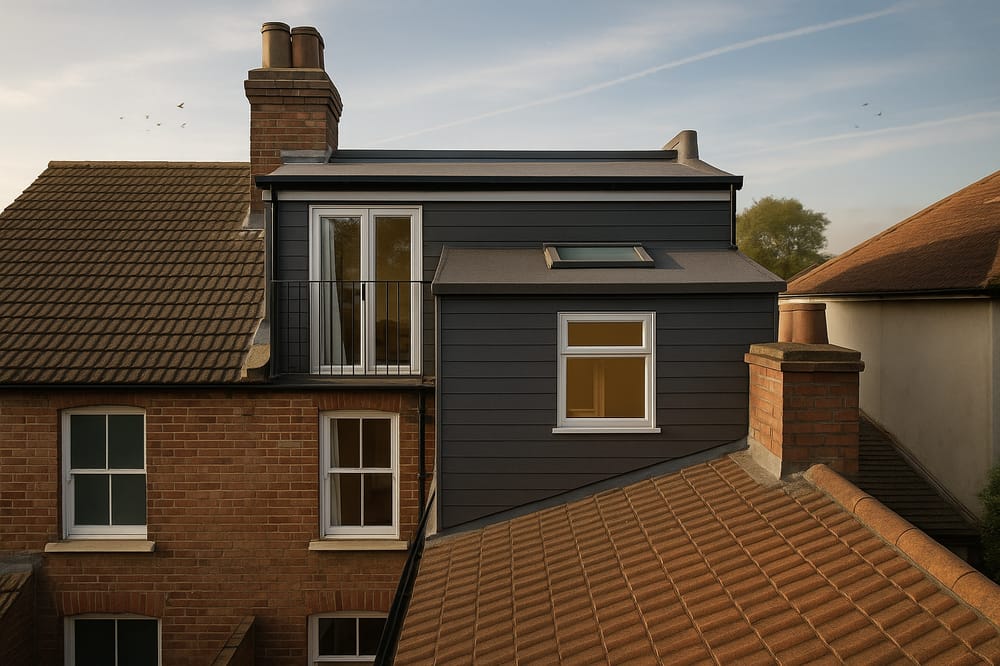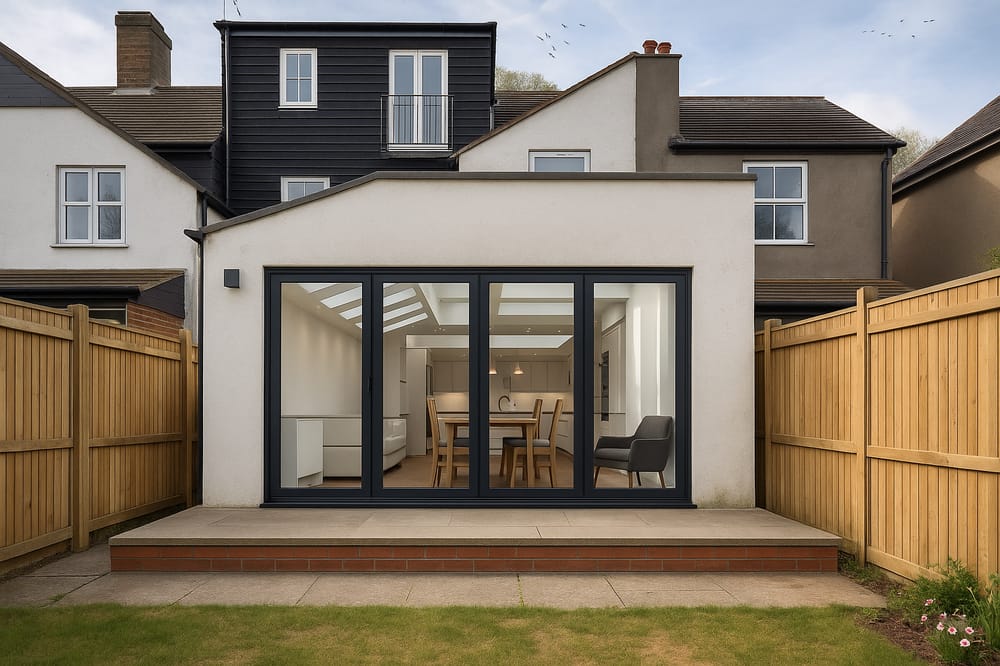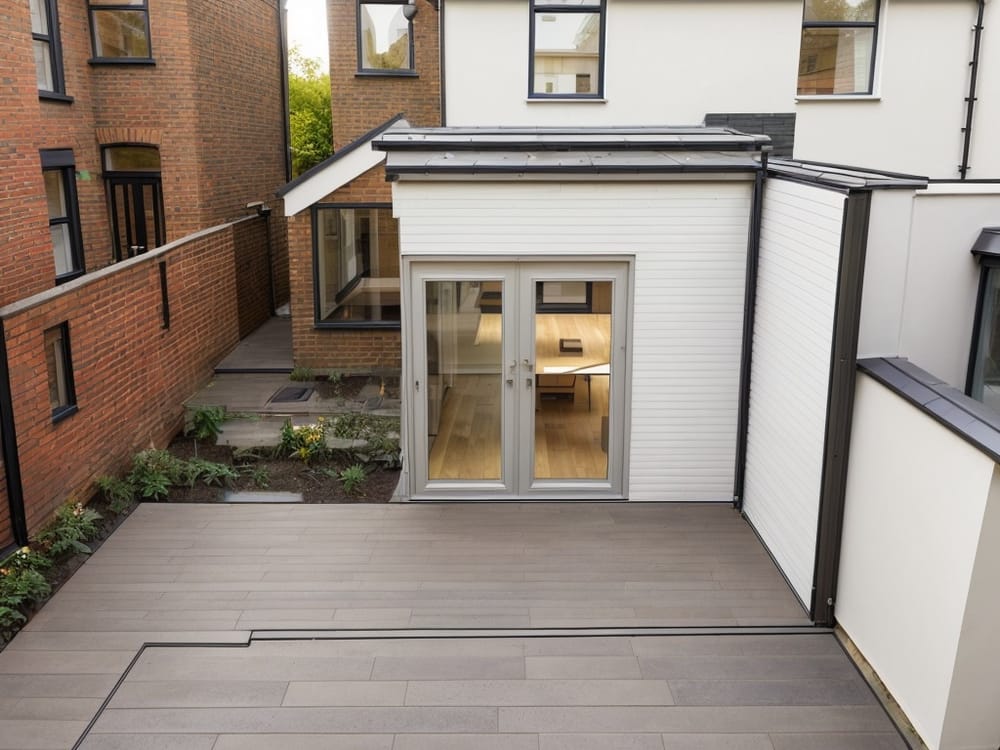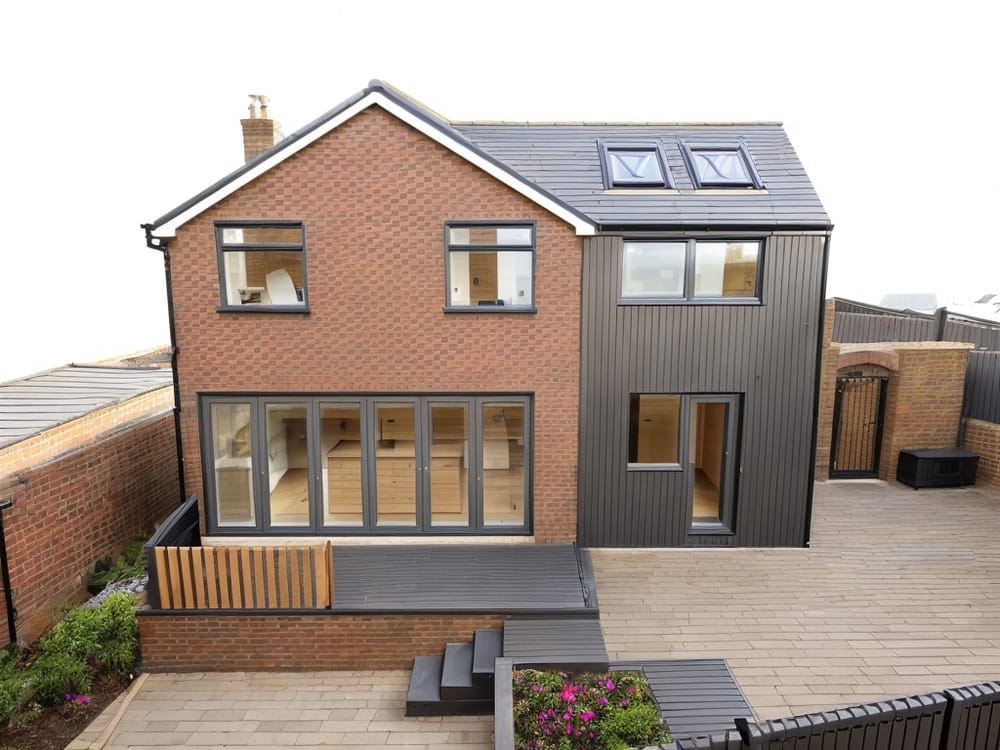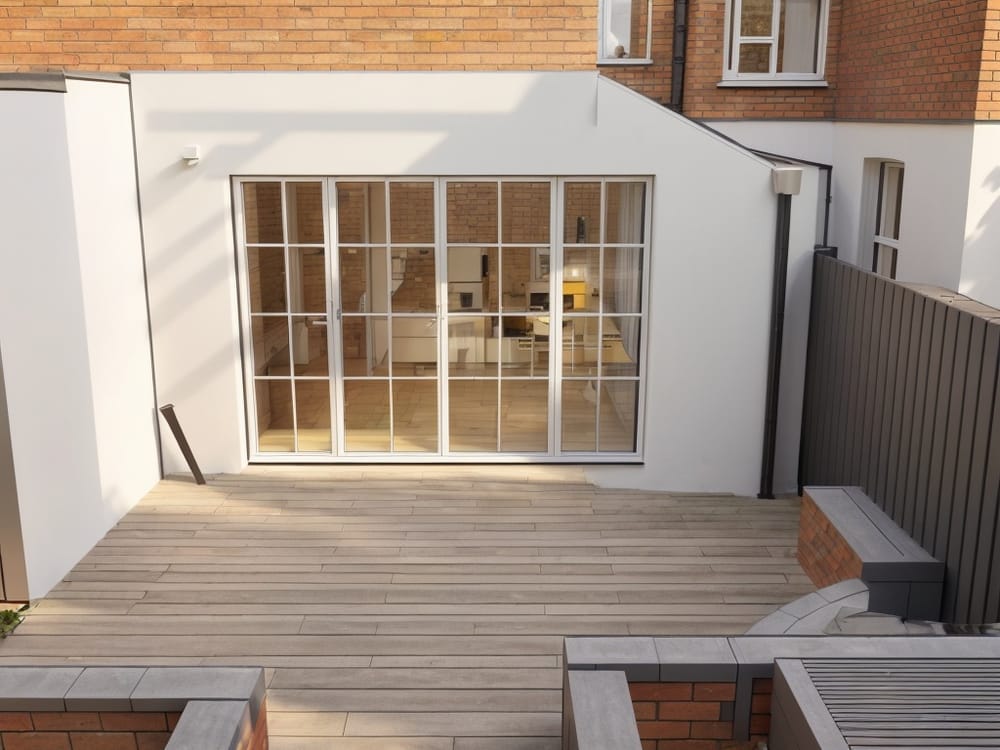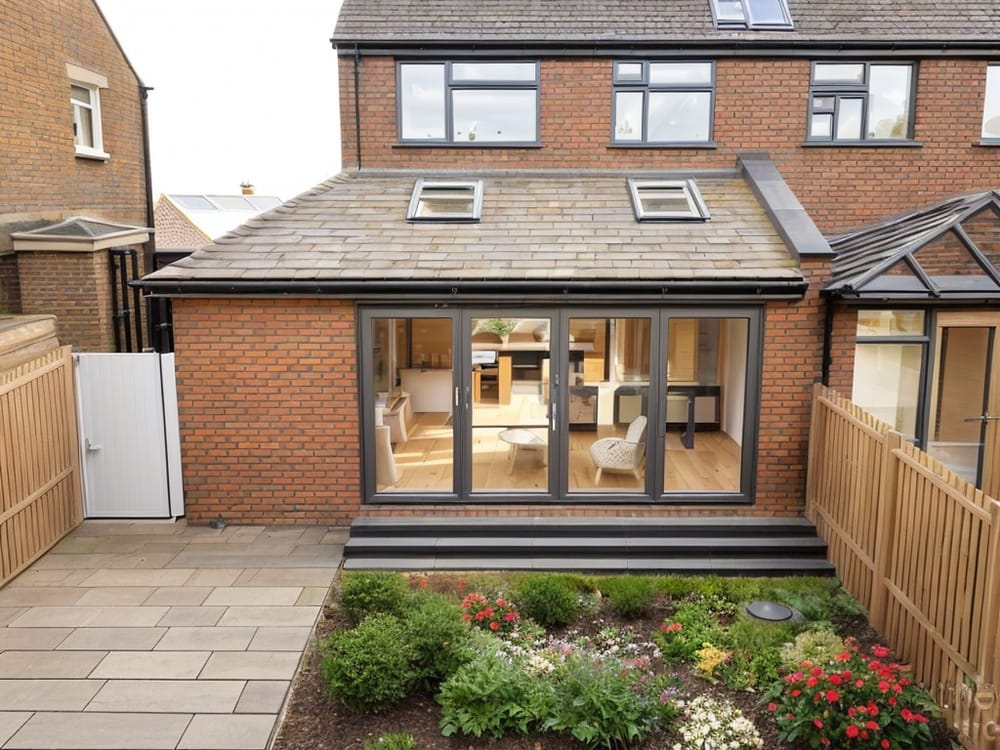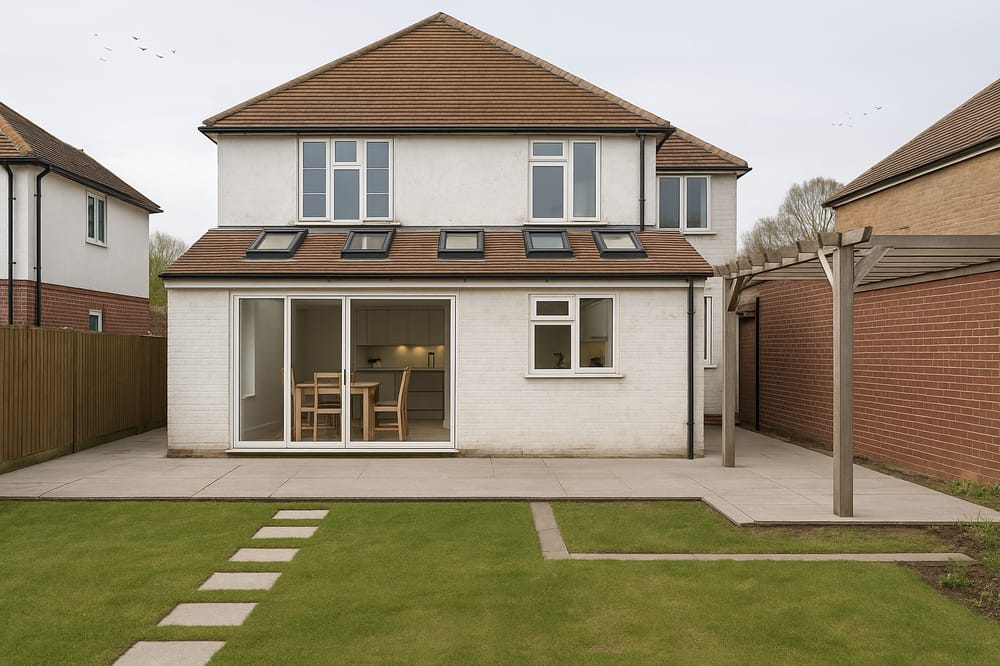A lawful development certificate isn’t a legal requirement, but they are incredibly worthwhile to obtain.
The certificate essentially proves to both your local authority and future buyers that your project was legal at the point of construction. This protects you in the event planning policies change, and means you can start construction with confidence.
Here’s everything you’ll need to know about this useful planning step…
When do you need a lawful development certificate?
Lawful development certificates are particularly useful when it comes to using your permitted development rights.
Permitted development rights are a government scheme that entitles some homeowners to expand their home without the need for planning permission. However, certain conditions around the extension / conversion must be met in order to qualify.
These include…
- The size of the project
- Height of the extension
- What property type you’re modifying
- Existing alterations in place
- How much land is available
- To name just a few!
Learn more about using your permitted development rights.
Because of these technical considerations, even with an architect by your side, you want to make sure your home is 100% compliant before you start construction. Obtaining a lawful development certificate means you can have official documentation from your local authority that your build meets legal requirements.
The risks of not getting a lawful development certificate
If you decide to use your permitted development rights, but start construction without a lawful development certificate, you put your home at risk and will likely need to obtain one anyway.
Many future buyers will be wary of purchasing an extended property if there’s no proof the build was legal. This is because, if your extension gets found to be a faction too big, your loft design a little outside the guidelines, you can face not only some hefty fines, but can even be made to demolish the work. Naturally, these penalties won’t be something another homeowner will want to risk.
Lawful development certificates can be obtained in retrospect. However, you’ll need to pay twice the application fee. And as we said, if getting a certificate post- construction, and your build falls outside of your permitted development rights, you might face some pretty scary consequences.
What’s more, planning policies change. What might be included in permitted development today, might not be in 15 years. This is why you need proof that, at the time, what you did was considered legal.
To give yourself and future buyers peace of mind, it's well worth putting the time and money into getting a lawful development certificate.
How do you apply?
Applying for a lawful development certificate is a lot like applying for planning permission - only with less rejection stress.
You’ll need…
- An application form
- Evidence verifying the information within the application.
- This would include architectural plans and elevations
- A site location plan
- A fee
It also doesn’t hurt to have an architect by your side to help with the application process.
Lawful development applications come with the following fees…
- £103 in England
- £85 in Wales
- £101 in Scotland
Fees are typically half the cost of full planning permission. However, if you've already gone through construction and are obtaining a certificate retrospectively, you'll need to pay double the fees listed above.
How long does it take to obtain?
Once your application has been submitted, you can expect to wait up to 8 weeks for a decision. If by this time limit a decision hasn’t been reached, you can make an appeal.
What happens if my application is rejected?
If your application is rejected, or takes longer than 8 weeks to reach a decision, you can make an appeal.
Only the person who applied for the certificate can make the appeal, and if relating to a listed building, the appeal must be made within 6 months of the decision.
Appeals are often lengthy processes, and unless a genuine error has been made, it might be easier (and more cost effective) to simply have an architect look over your drawings to make alterations.
Want to ensure your project has the best chance for first time approval? Book a free consultation with our team for a complimentary assessment of your project.


